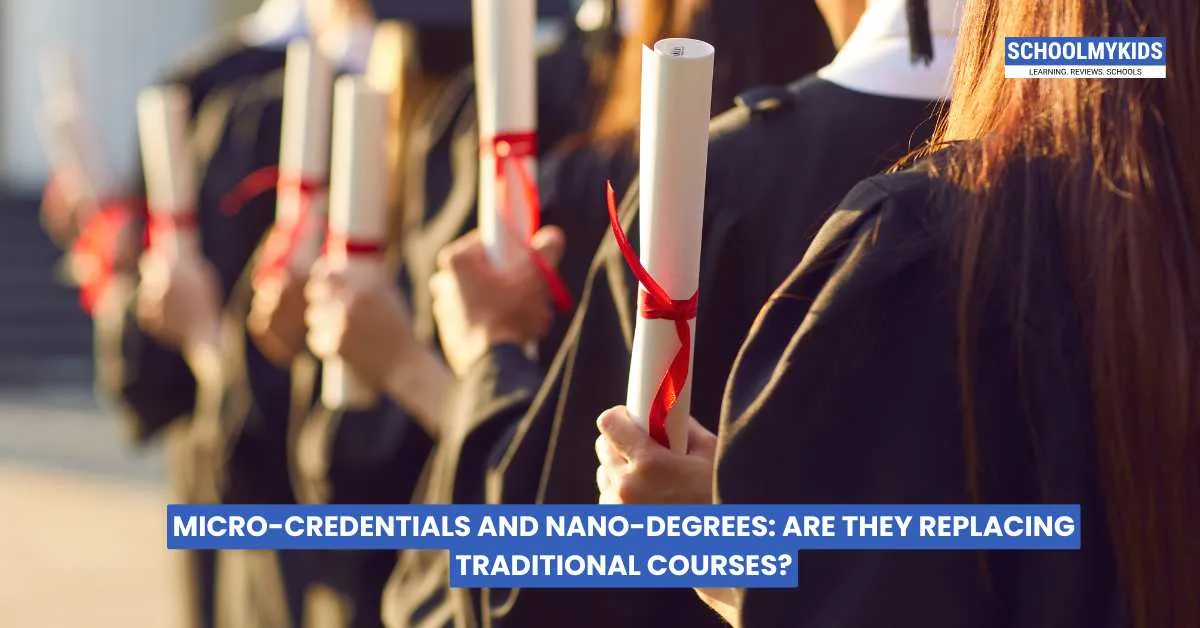A New Kind of "Diploma Wall"
Imagine visiting someone’s office in 2030. Instead of one heavy-framed degree from a university, their wall is dotted with smaller certificates — a credential in AI ethics, another in climate policy, maybe one in advanced Excel wizardry. That’s the reality we’re walking into: a shift from marathon degrees to bite-sized, skill-focused learning.
What Are Micro-Credentials and Nano-Degrees?
- Micro-credentials are short, targeted certifications in specific skills — think "Project Management for Startups" instead of a two-year MBA.
- Nano-degrees, popularized by platforms like Udacity, are industry-designed programs focusing on job-ready tech skills like data science or self-driving car engineering.
These aren’t fluffy add-ons. They’re designed to be fast, flexible, and directly tied to employer demand.
Why They’re Gaining Ground
- Time-efficient: Students can upskill in weeks, not years.
- Affordable: A nano-degree might cost less than one semester of traditional tuition.
- Industry-backed: Tech companies love them because the curriculum is tailor-made for their hiring needs.
Take Arjun, for example. A mechanical engineer in Pune, he realized automation was shrinking his role. Instead of enrolling in a full master’s, he stacked micro-credentials in robotics programming and data analysis. Within months, he landed a higher-paying job at a logistics firm.
But Can They Replace Traditional Degrees?
Here’s the catch: while micro-credentials are excellent for skills, they don’t yet carry the prestige or broad foundation of a bachelor’s or master’s. A degree is still shorthand for discipline, persistence, and a certain intellectual breadth. Micro-credentials, on the other hand, say: “I know this specific thing very well.”
Takeaways for Learners and Teachers
- Students: Treat micro-credentials as career boosters, not wholesale replacements (yet).
- Educators: Consider integrating micro-credentials into existing degree pathways to keep programs relevant.
- Employers: Value both — a degree for foundational thinking, micro-credentials for agility.
Closing Thought
Education is no longer one long road but a series of stepping stones. Degrees aren’t dead, but the monopoly they held is definitely cracking. The future? A mix-and-match system where lifelong learning is the norm, not the exception.








Be the first one to comment on this story.